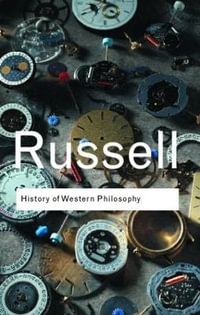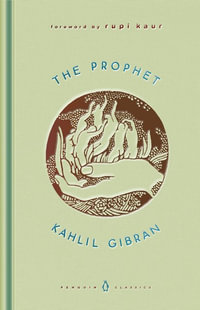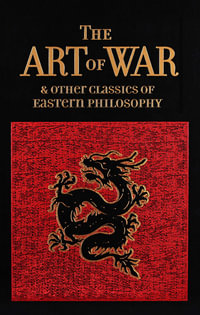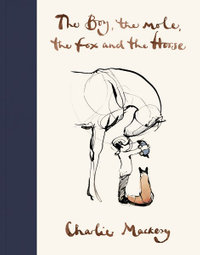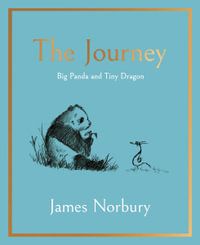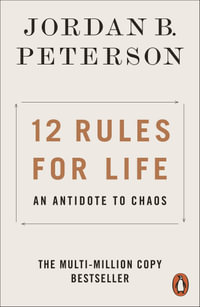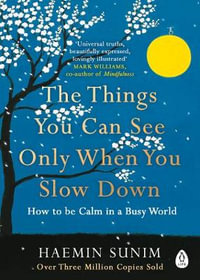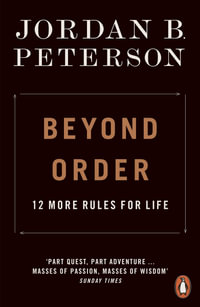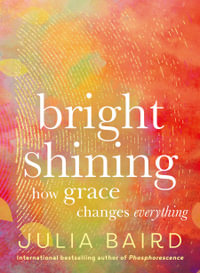How can human beings, who are liable to error, possess knowledge? The skeptic finds this question impossible to answer. If we can err, then it seems the grounds on which we believe do not rule out that we are wrong. Most contemporary epistemologists agree with the skeptic that we can never believe on grounds that exclude error. Sources of Knowledge moves beyond this predicament by demonstrating that some major problems of contemporary philosophy have their roots in the lack of a metaphysical category that is fundamental to our self-understanding: the category of a rational capacity for knowledge.
Andrea Kern argues that we can disarm skeptical doubt by conceiving knowledge as an act of a rational capacity. This enables us to appreciate human fallibility without falling into skepticism, for it allows us to understand how we can form beliefs about the world on grounds that exclude error. Knowledge is a fundamental capacity of the human mind. Human beings, as such, are knowers. In this way, Sources of Knowledge seeks to understand knowledge from within our self-understanding as knowers. It develops a metaphysics of the human mind as existing through knowledge of itself, which knowledge as the human being is finite takes the form of a capacity.
Regaining the concept of a rational capacity for knowledge, Kern makes a powerful and original contribution to philosophy that reinvigorates the tradition of Aristotle and Kant thinkers whose relevance for contemporary epistemology has yet to be fully appreciated.
About the Author
Andrea Kern is Professor of Philosophy in the Department of Philosophy at Universität Leipzig.
Industry Reviews
This is an excellent book. It is lucid, forceful, and rich in thought-provoking ideas. I believe it is one of the most interesting and potentially significant contributions to the field of epistemology of the last decade. Given the richness of its discussion, however, Kern's book will be interesting not just to professional epistemologists, but to a wide philosophical readership. -- Matthew Boyle, University of Chicago
This is an extraordinary, daring book. It is an original and powerful contribution to epistemology that reorients, or gets beneath, a number of debates that have shaped the discipline in the last few decades. It reaches beyond the limits of epistemology, locating its results concerning human knowledge within a metaphysics of the human mind, a metaphysics that articulates the self-understanding internal to our existence. -- Christoph Menke, Johann Wolfgang Goethe-Universitaet, Frankfurt am Main



